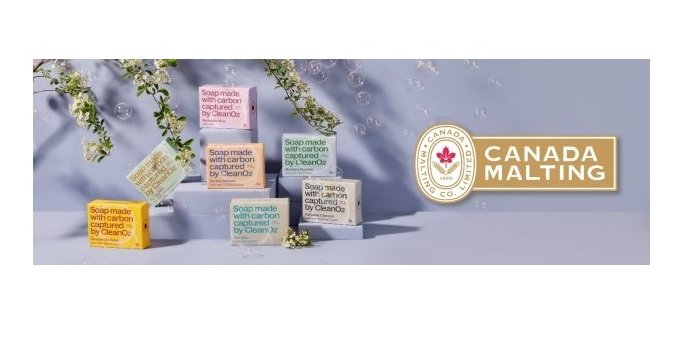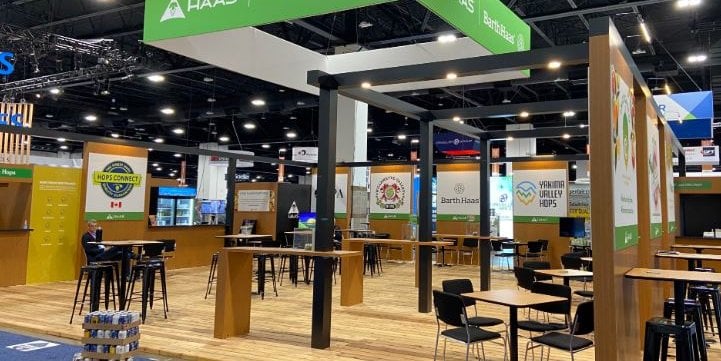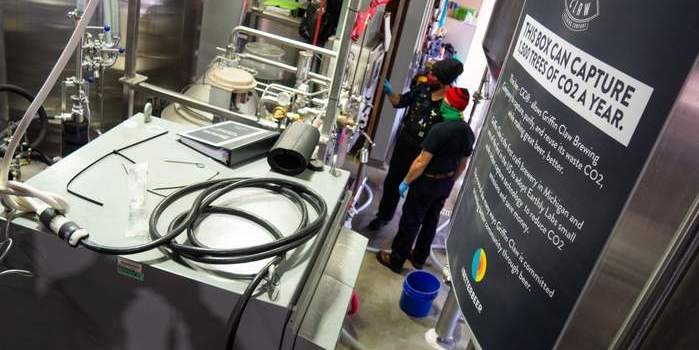The largest inefficiency within a brewery may be that of CO2 utilization. About 80 percent of the cost of CO2 is in shipping and transportation, which makes all of the wasted CO2 in the fermentation process kind of annoying (fermentation produces about three times the amount of CO2 needed for carbonization and packaging). This is why a new carbon capture microcapsule technology produced from the big brain of Congwang Ye, engineer at the Lawrence Livermore National Laboratory (LLNL), could be a game-changer for the craft beer industry.
Originally intended for filtering CO2 from power plants, Ye needed to test everything out on a much smaller scale, which led him to the Denver metro area to work with both large-scale producers like Coors and small-scale producers like Upslope. From the LLNL report:
“We want to adapt this technology for capturing CO2 in breweries as a way to reduce CO2 emissions to the atmosphere and cut their purchase costs by up to 75 percent,” Ye said. “It will be more environmentally friendly, and not only will it save on costs, but they also can create revenue by selling the excess.”
The breweries were interested, but they didn’t like the idea of a large, monolithic system. Ye’s group presented a “propane tank model,” a basic CO2capturing system using barrels filled with millions of microcapsules that could absorb CO2 from the fermentation gas. In theory, Ye’s company — with a working name of MECS (Micro-Encapsulated CO2 Sorbent) — would provide the equipment at no cost upfront, the brewers would collect CO2 gas from the fermenters, fill the tanks and MECS would send trucks to pick them up. The captured CO2 would be reclaimed at a centralized hub, sold back to brewers at a big discount, and MECS would keep the surplus and sell it on the open commodities market. The idea could potentially save breweries tens of thousands of dollars a year.
Watch the video above for more info or head to the LLNL website for more details.





Leave a Reply
You must be logged in to post a comment.